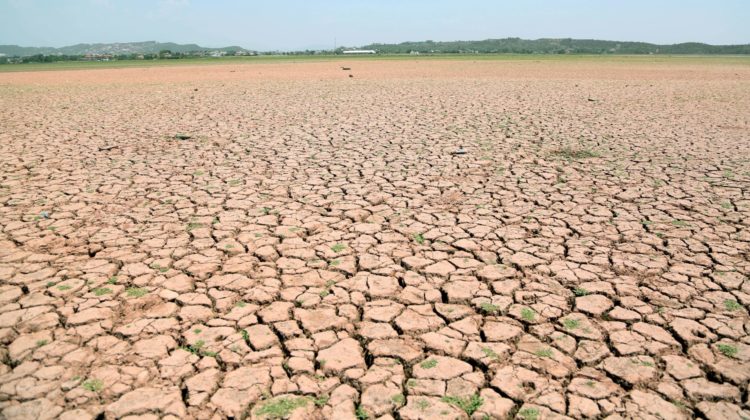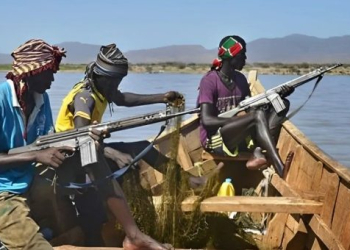Islamabad: Pakistan is among 23 countries which are facing drought emergencies over the past two years (2020-2022), according to the Global Land Outlook report released by the UN.
The report released by the UN Convention to Combat Desertification (UNCCD) ahead of the UN Desertification and Drought Day (June 17) says over the past century, the highest total number of humans affected by drought was in Asia, Dawn news reported.
The 23 countries listed by the report are Afghanistan, Angola, Brazil, Burkina Faso, Chile, Ethiopia, Iran, Iraq, Kazakhstan, Kenya, Lesotho, Mali, Mauritania, Madagascar, Malawi, Mozambique, Niger, Somalia, South Sudan, Syria, Pakistan, the US and Zambia.
About future scenarios, the report predicts the outcomes by 2050 and risks involved, and says by 2050, an additional 4 million sq.km of natural areas, equivalent to the size of India and Pakistan, would require restoration measures, augmented with protection measures of areas important for biodiversity, water regulation, conservation of soil and carbon stocks, and provision of critical ecosystem functions.
Up to 40 per cent of the planet’s land is degraded, directly affects half of humanity, threaten roughly half of global GDP worth $44 trillion.
If business as usual continued through 2050, the report projects additional degradation of an area almost the size of South America, the report said.
It said nations’ current pledge to restore one billion degraded hectares by 2030 requires $1.6 trillion this decade, a fraction of today’s annual $700 billion in fossil fuel and agricultural subsidies.
The report warns that at no other point in modern history has humanity faced such an array of familiar and unfamiliar risks and hazards, interacting in a hyper-connected and rapidly changing world.
Many traditional and modern regenerative food production practices can enable agriculture to pivot from being the primary cause of degradation to the principal catalyst for land and soil restoration.
(IANS)




















